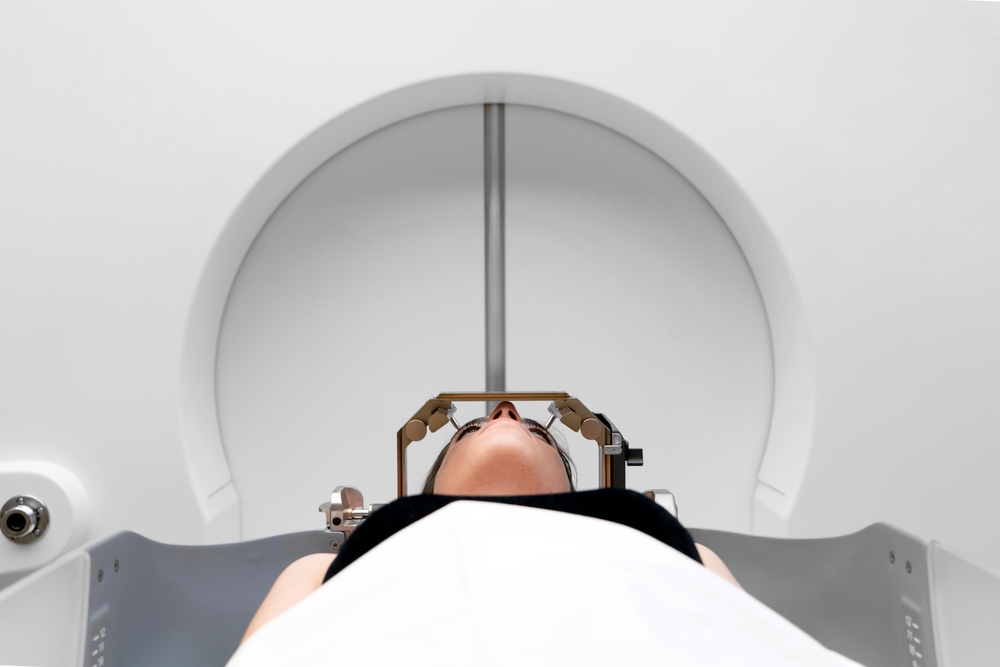WORDS DR JOYCE PAULINE JOSEPH
 FEATURED EXPERT FEATURED EXPERTDR JOYCE PAULINE JOSEPH Consultant Neurologist Aurelius Hospital Nilai |
The COVID-19 pandemic has fundamentally altered the physiological landscape of individuals around the globe. The virus has demonstrated its ability to traverse various bodily functions, leaving a trail of physiological changes in its wake. From the intricate dynamics of the immune response to cardiovascular issues, COVID-19 has brought about unprecedented impacts on human health in various ways.
But what are the correlations, if any, between COVID-19 and an increase in stroke incidences especially amongst the young? In light of the increasing number of cases of COVID-19 in Malaysia again, we attempt to investigate the links.
THE LINK TO STROKE
Traditionally, when we speak about strokes, it tends to be an “elderly persons” disease, a health concern prevalent amongst those aged 50 and above.
However, over the past 3 years since the first outbreak of COVID-19 pandemic, a worrying connection has emerged between the virus and incidences of strokes in younger individuals.
COVID-19 is associated with a higher risk of stroke, a majority of them being ischaemic strokes caused by a blockage in an artery that supplies blood to the brain.
A study suggested a connection between the high prevalence of vascular risk factors and concurrent elevation of proinflammatory and procoagulation biomarkers in this.
In the same study, it has been proposed that the virus that causes COVID-19 infects the cells that line the inside of the blood vessels.
These infected cells release several pro-inflammatory factors that attract other immune cells to the affected area.
In turn, this leads to damage to the lining cells, activating platelets and other factors involved in clotting.
This chain of events eventually increases the risk of a blood clot that could potentially travel up to the brain and cause a stroke.
Hypercoagulability and inflammatory response cause vascular complications, increasing the risk of strokes, regardless of age.
Findings from another large-scale study suggested that COVID-19 is a risk factor for deep vein thrombosis, pulmonary embolism, and bleeding.
The risk of developing blood clots in the lungs and legs is significantly elevated for up to 6 months upon contracting COVID-19.
After the initial 30 days of infection, individuals afflicted with COVID-19 displayed heightened susceptibilities and endured a year-long burden of newly emerging cardiovascular conditions.
These conditions range from cerebrovascular issues and dysrhythmias to inflammatory heart disease, ischaemic heart disease, heart failure, thromboembolic disease, and assorted cardiac disorders.
Strikingly, these risks manifested consistently across various demographic factors, such as age, race, and gender, as well as other established cardiovascular risk factors like obesity, hypertension, diabetes, chronic kidney disease, and hyperlipidemia.
Notably, even those without any pre-existing cardiovascular conditions prior to exposure to COVID-19 exhibited these risks, suggesting a propensity for these complications to manifest in individuals traditionally considered at low risk for cardiovascular diseases.
IN SUMMARY
The data and evidence gathered do point to a heightened risk of stroke brought about by COVID-19, regardless of age.
Even though it remains an uncommon occurrence, it remains a risk especially for individuals pre-existing health conditions that are known to boost the risk of stroke.
While the correlation between incidences of stroke, COVID-19 and how it affects younger individuals remains a subject of ongoing research and study, it remains crucial in recognizing the potential risks and taking appropriate and proactive measures.
References:
- Mbonde, A. A., O’Carroll, C. B., Grill, M. F., Zhang, N., Butterfield, R., & Demaerschalk, B. M. (2022). Stroke features, risk factors, and pathophysiology in SARS-CoV-2-infected patients. Mayo Clinic proceedings. Innovations, quality & outcomes, 6(2), 156–165. https://doi.org/10.1016/j.mayocpiqo.2022.01.003
- Xie, Y., Xu, E., Bowe, B., & Al-Aly, Z. (2022). Long-term cardiovascular outcomes of COVID-19. Nature medicine, 28(3), 583–590. https://doi.org/10.1038/s41591-022-01689-3







